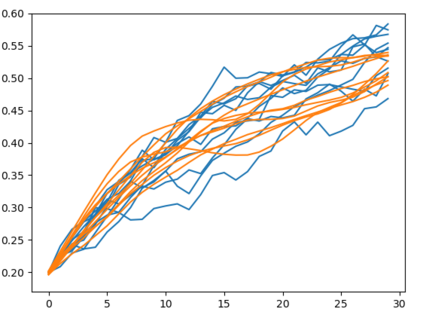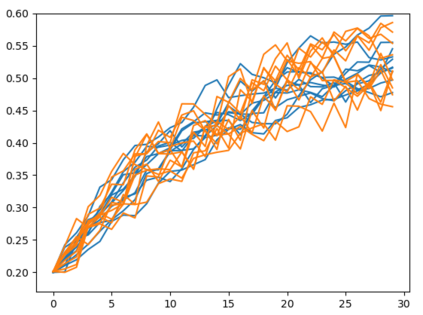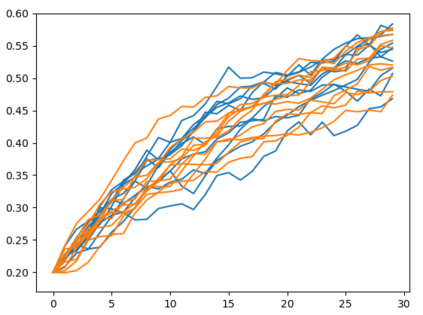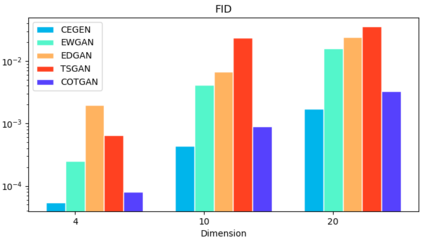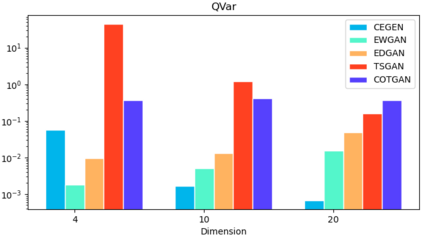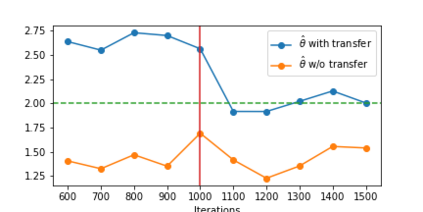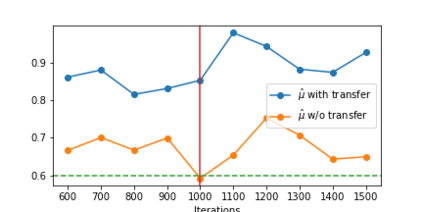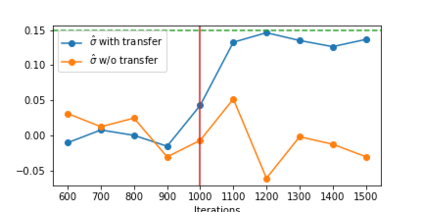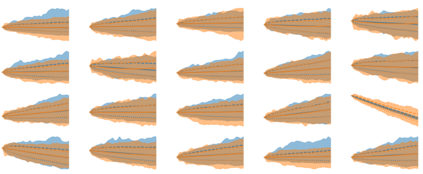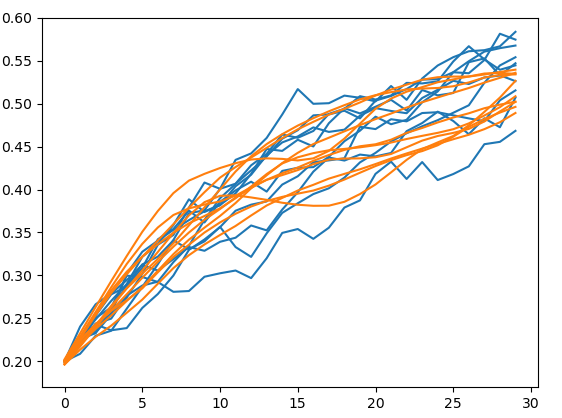We introduce three new generative models for time series that are based on Euler discretization of Stochastic Differential Equations (SDEs) and Wasserstein metrics. Two of these methods rely on the adaptation of generative adversarial networks (GANs) to time series. The third algorithm, called Conditional Euler Generator (CEGEN), minimizes a dedicated distance between the transition probability distributions over all time steps. In the context of Ito processes, we provide theoretical guarantees that minimizing this criterion implies accurate estimations of the drift and volatility parameters. We demonstrate empirically that CEGEN outperforms state-of-the-art and GAN generators on both marginal and temporal dynamics metrics. Besides, it identifies accurate correlation structures in high dimension. When few data points are available, we verify the effectiveness of CEGEN, when combined with transfer learning methods on Monte Carlo simulations. Finally, we illustrate the robustness of our method on various real-world datasets.
翻译:我们引入了三个新的时间序列遗传模型,这些模型基于斯托克差异和瓦塞斯坦测量值的分解,其中两种方法依靠基因对抗网络(GANs)适应时间序列。第三个算法称为“有条件电动发电机(CEGEN)”,它最大限度地缩小了所有步骤的过渡概率分布之间的专门距离。在Ito进程中,我们提供了理论保证,最大限度地减少这一标准意味着准确估计漂移和波动参数。我们从经验上证明,CEGEN在边际和时际动态测量值上都优于最新和GAN生成值。此外,它确定了高维度的准确关联结构。当数据点少时,我们核查CEGEN的有效性,同时结合蒙特卡洛模拟的传输学习方法。最后,我们展示了我们在各种真实世界数据集上的方法的稳健性。

